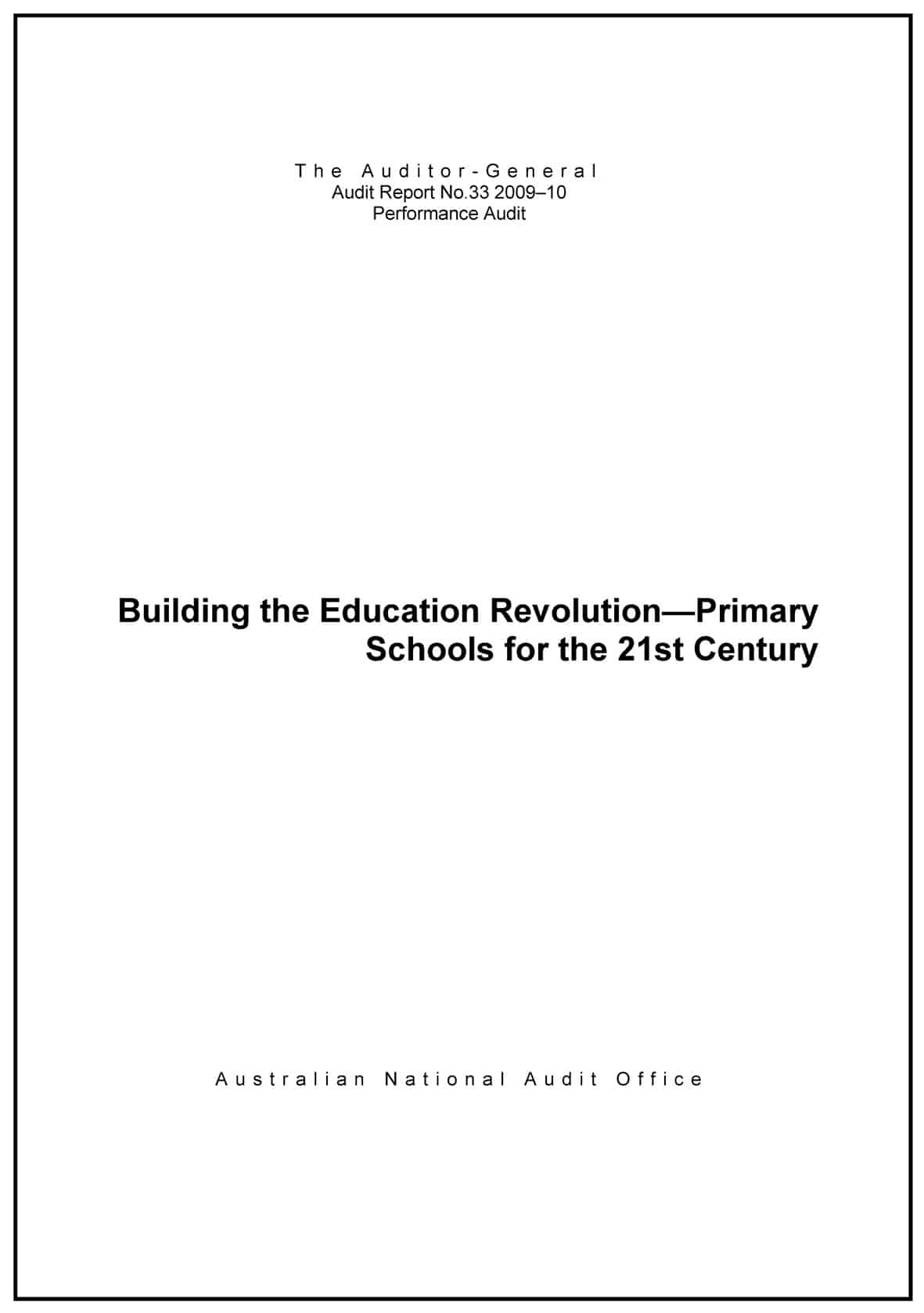Can a country be run in a similar way to running a business? Does corporate leadership equate to political leadership? It would be possible to find examples in support of both these questions and as much evidence to counter them but the contextual difference is important to note when considering leadership in general.
A crucial difference in the two sectors is that the corporate executive or CEO must operate to the satisfaction of the shareholders, regardless of the humanistic and social veneer applied. A politician or a Prime Minister must serve for the benefit of the people, regardless of the political views held as this social obligation originates with the public office. Politicians have wriggle room not afforded to CEOs because not all the citizens subscribe to the same values. In the corporate world there is a clearly visible commitment to capitalism, a clarity not possible in the political world.
At the moment in England, it seems that the newly elected coalition government is starting to prepare for a social capitalism – capitalism with a human edge. The path to economic restabilisation will be difficult and, according to the newspapers on 8 June 2010, the government is set to call on the services of the former CEO of BP, Lord John Browne.
Browne has graced the pages of the SafetyAtWorkBlog twice previously and not in flattering terms. One writer said Browne:
“…. was admired by his peers but not as much as he was by himself….” [who] “…As CEO … surrounded himself with sycophants and yes-men enshrouded in a cloud of corporate hubris.”
Continue reading “Does corporate leadership equate to political leadership?”



